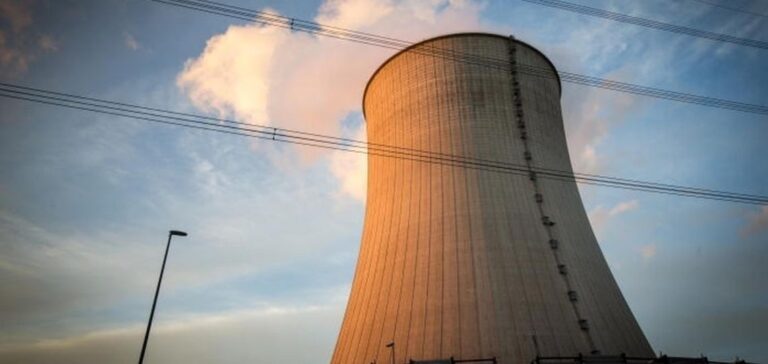The French nuclear industry is facing a significant increase in reports of irregularities. The Nuclear Safety and Radiation Protection Authority (ASNR) examined 71 cases in 2024, compared to 43 the previous year. These reports include counterfeiting, falsifications, and suspicions of fraud.
A Rise Seen as Progress
Despite the increase in reports, regulatory authorities view this trend positively. According to Stéphanie Guénot-Bresson, commissioner of the ASNR, the rise is the result of enhanced oversight and closer collaboration with operators. These operators, including EDF and Orano, have been more proactive in reporting irregularities observed at their sites.
Concrete Cases of Falsification
The most common irregularities involve discrepancies in maintenance and inspection operations. Some technicians reported performing specific tasks – such as tightening bolts or measuring radioactivity – but checks revealed that these actions had not been carried out. Christophe Quintin, chief inspector at ASNR, emphasizes that not all these anomalies are fraudulent; some are simply quality deviations.
The Context of Nuclear Revival
The year 2024 marks a critical phase for the French nuclear industry, with a political push to revive nuclear energy to strengthen energy sovereignty. However, this drive increases the risk of fraud, particularly in the certification processes of equipment. Early in the year, the ASNR had warned about cases where test results had been altered to be declared compliant with safety standards.
Enhanced Commitments to Safety
In response to these challenges, EDF and other industry players have made commitments to improve traceability and quality control. Pierre-Marie Abadie, president of ASNR, affirms that the agency will remain vigilant in ensuring the implementation of these commitments and compliance with safety standards in the nuclear industry’s revival.






















